Google, Embraer Join United Airlines’ $200 Million Sustainable Aviation Venture Fund
ESG Today
FEBRUARY 15, 2024
Sustainable aviation fuel is seen as one of the key tools to help decarbonize the aviation industry, which currently accounts for 2-3% of global greenhouse gas (GHG) emissions. SAF is generally produced from sustainable resources, like waste oils and agricultural residues.


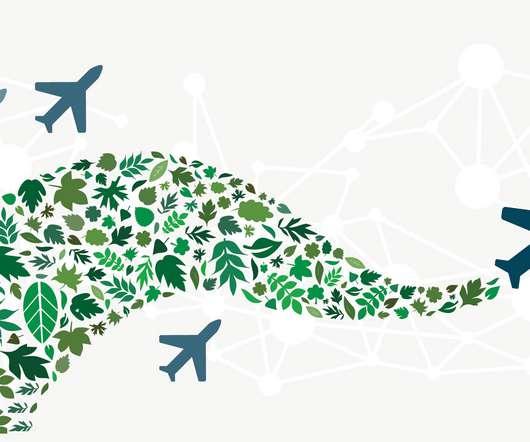
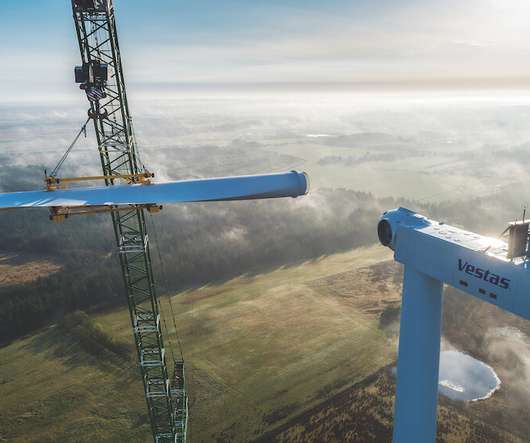
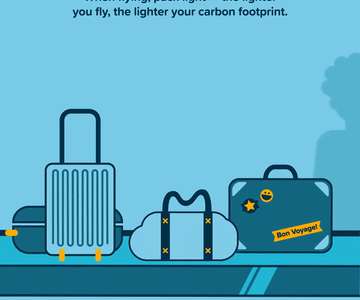

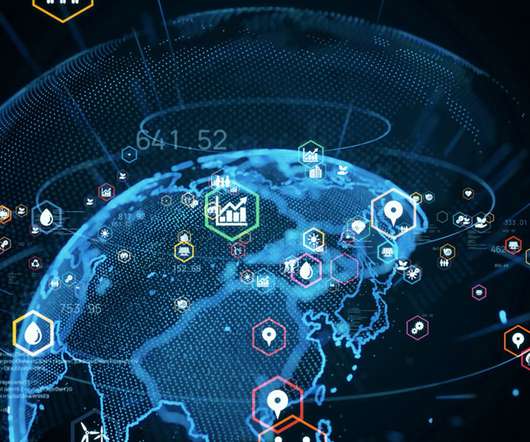
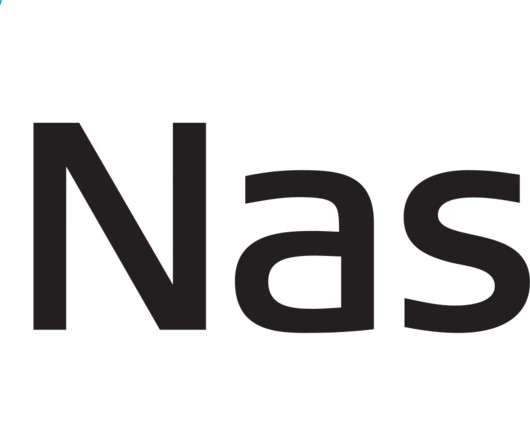
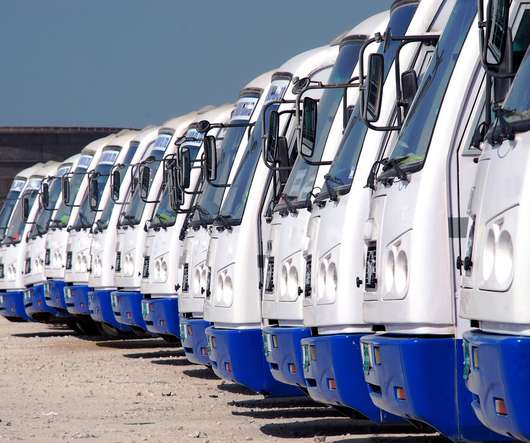
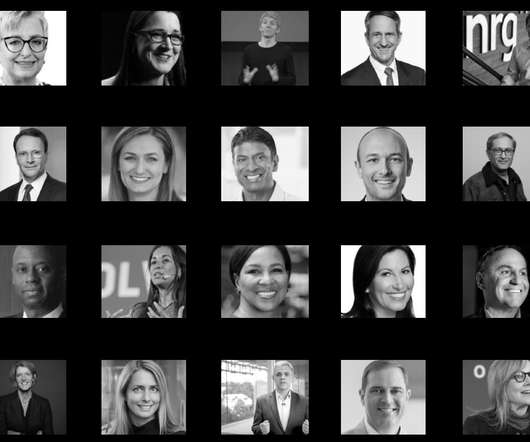
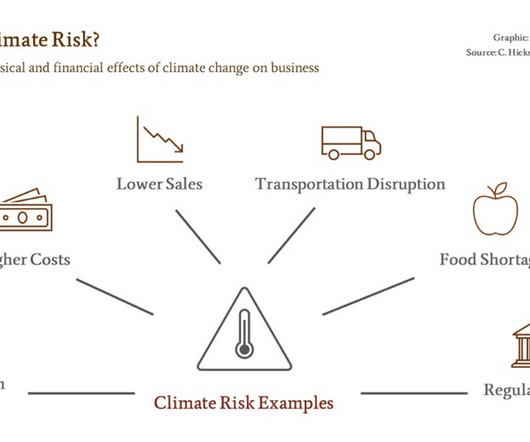
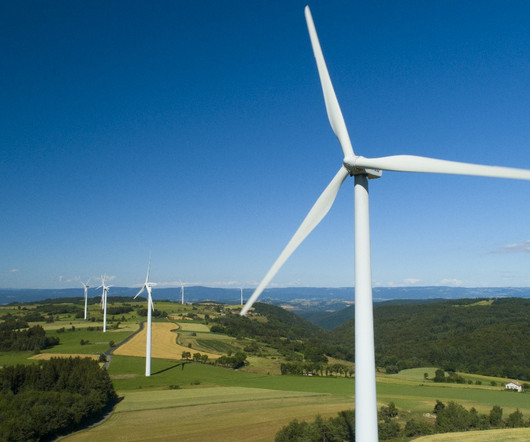






Let's personalize your content